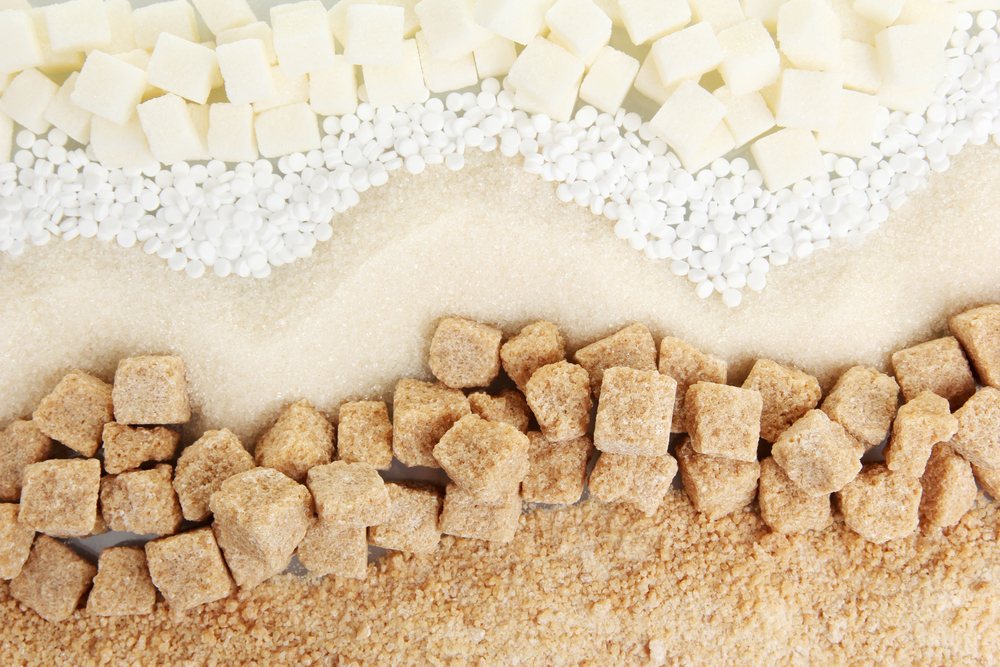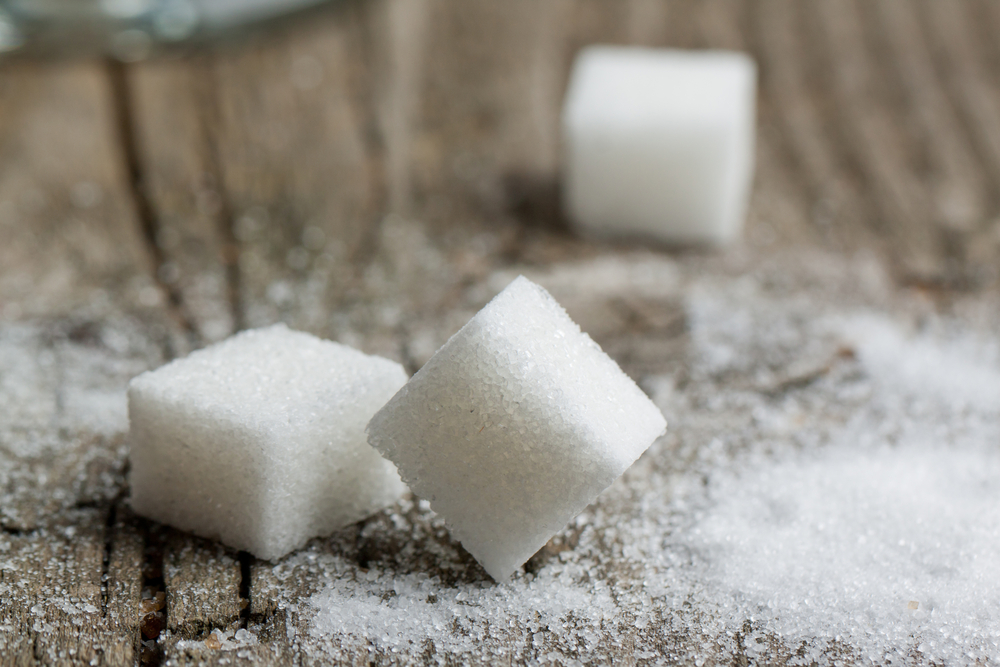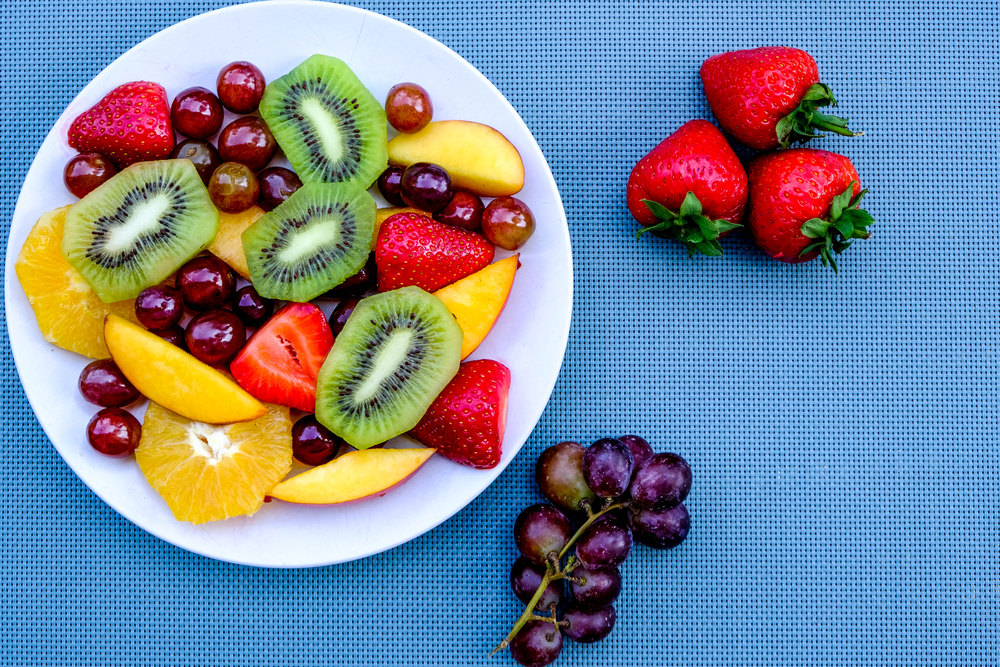
The link between sugar and stiff muscles
According to the Diabetes Fund, a Dutch person eats an average of 110 grams of sugar every day. That's a whopping 10,000 sugar cubes (40 kilos!!) a year. We know that excessive sugar intake can lead to obesity, cardiovascular disease and dental problems, but does it also affect your muscles?
In this blog, we explain the role sugar plays in stiff muscles and give tips on how to limit your sugar intake.
The impact of sugar

It may sound crazy, but sugar is a useful nutrient. In fact, sugar is broken down by the body into glucose, which serves as fuel for your body. So an average amount of sugar intake is not wrong. Excessive sugar intake, on the other hand, is. It can lead to several problems, such as increased risk of obesity, faster breakdown of cartilage and increasing inflammatory proteins.
Moreover, excessive sugar intake can cause cardiovascular disease, according to the Heart Foundation. Narrowed vessels can then cause your muscles to receive less oxygen and nutrients, making them less able to recover. As a result, you may suffer from stiff muscles.
Sugar and obesity
Sugar in itself is not necessarily a fattener, but it is if you ingest too much of it. It is therefore important not to consume too many sugary products, such as cakes, sweets, sauce and soft drinks. This is because these products generally contain a large amount of calories. If you consume more calories than you burn for a prolonged period, this results in the absorption of fat and thus weight gain. These extra pounds put extra strain on your muscles, which can lead to stiffness.
Sugar and inflammatory proteins
There is evidence of a link between a high intake of added sugars and chronic inflammation in the body. Several rheumatic diseases are characterised by high cytokine levels. These are proteins that cause inflammation and cause pain, stiffness and swelling in your joints.
If you consume too many added sugars, this can potentially cause an increase in the release of these inflammatory proteins in the body. This will only increase rheumatic symptoms.
Natural sugars and added sugar

You have probably heard the terms natural sugar and added sugar before. It is good to know that there are differences between natural sugars and fast, added sugars and that they also have different effects on your health.
Natural sugars are sugars that are not refined and occur naturally in food, such as fruits, vegetables and dairy products. Added sugars, on the other hand, are not naturally found in food, but these are added during its production or preparation. Added sugars are contained in different types of foods, such as:
- Sweets and biscuits
- Soft drinks
- Sauces
- Fruit juice
- Breakfast cereals
- High-sugar desserts
Your body processes natural sugars and added sugars equally. You will probably now be thinking: 'So then I can eat a sweet just as well as a piece of fruit?' That's not true. It's still better to go for an apple or a banana. This is because natural products like fruit contain fibre, vitamins and healthy nutrients that slow down the absorption of sugar and prevent a sugar spike. In contrast, added sugars are processed quickly, causing a sugar spike.
Moreover, added sugars are mainly processed in foods we do not need for good health. We therefore recommend limiting the intake of added sugars. Not only to prevent stiff muscles, but also for your general health.
Sugar reduction tips
By now, it's probably obvious that sugar and stiff muscles go hand in hand. Want to get rid of your stiff muscles? Then it is therefore important to reduce your sugar intake. The Dutch Nutrition Centre therefore advises not to take too many products with added sugars. We give you some tips to reduce sugar consumption.
-
Prepare meals with fresh ingredients
While ready-made sauces and soups can be very tasty and convenient, they are often full of sugar. You can easily make these products yourself with fresh ingredients and without all those extra sugars. This is not only much healthier, but often a lot tastier too!
- Avoid sugar in hot drinks
Do you enjoy drinking coffee and tea with sugar? Then try gradually reducing the amount of sugar until you finally enjoy your hot beverage without sugar. Since coffee and tea are consumed daily, this change in sugar consumption will be an effective and sustainable adjustment.
- Take care with soft drinks and fruit juices
You probably already knew that soft drinks are full of sugar, but did you know that fruit juices also contain a large amount of sugar? Although the name fruit juice sounds very healthy, fruit juice contains almost as much sugar as soft drinks. Moreover, fruit juice does not contain the good fibre that is found in a piece of fruit. According to the nutrition centre, 1 glass of apple juice or orange juice contains about 7 sugar cubes. So prefer to swap these drinks for a glass of water or tea without extra sugar.
- Allow for various forms of sugar
To avoid sugar, it is important to know that there are several names for sugar. Some familiar names are: fructose, glucose, honey, agave syrup and soft sugar. Of course, you cannot know all 50 pseudonyms by heart. Fortunately, Healthline has created a clear overview of all the names for sugar, so you can always recognise sugar.
Additional care stiff muscles
Do you exercise a lot, eat healthy and low in sugar, but still suffer from stiff muscles? Then it is good to know that there are also creams and supplements available to treat stiff muscles.
